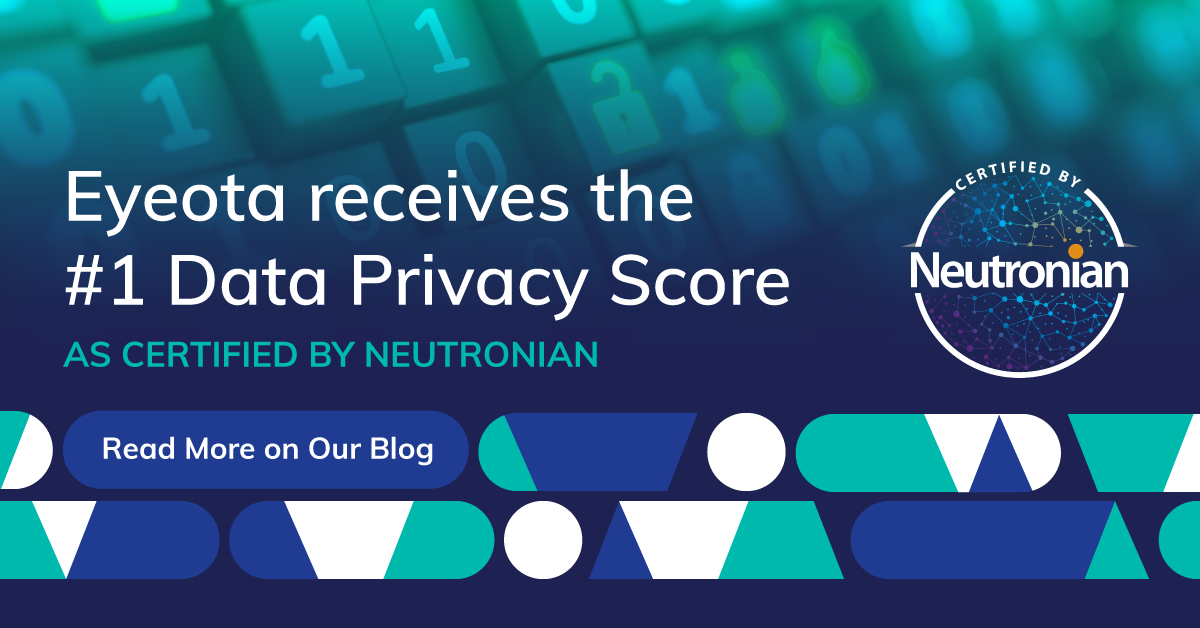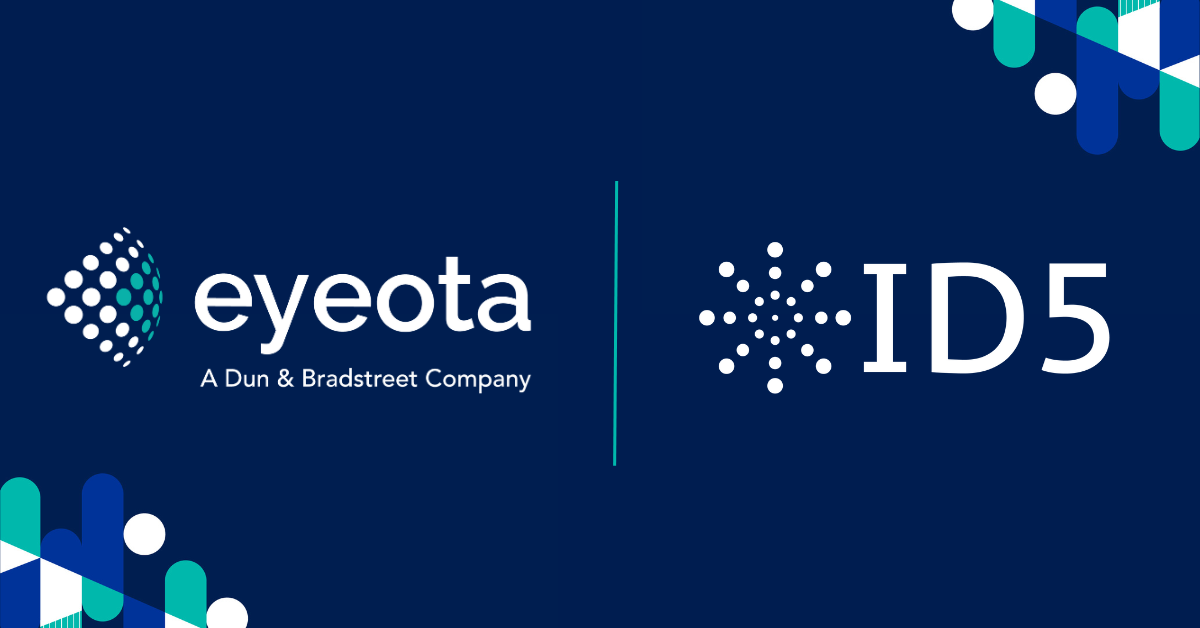
Case studies are an important part of assessing what effective solutions are available to you when it comes to planning advertising and marketing campaigns. If you have a specific audience targeting goal or challenge you need to overcome, then Eyeota can help you provide you with tried and tested solutions to these issues.
Eyeota is the trusted global provider of audience solutions for digital marketing and ranked by Neutronian as 2023’s world leader in global data privacy. Brands and advertisers leverage Eyeota audience solutions to enrich insights, enhance personalization, and transform omnichannel targeting.
Our Client Success Stories hub includes real-world campaign strategies, tactics and results from a range of real clients in a range of industries including finance, auto and tech.

Eyeota secures status as the top-ranked data provider in the world on 2023’s list of more than 3,000 data companies and domains ranked by Neutronian Data Privacy Scores. This is Eyeota’s second consecutive inclusion in Neutronian’s data ranking and inclusion among the top 10.

Brands are seeking new and improved ways to leverage the power of social media, as each platform has transformed from its original organic state to a pay-to-play format. Eyeota is helping brands to stand out in this increasingly competitive space by providing innovative solutions for brands looking to expand their advertising footprint and increase ad spend across social media channels.

Eyeota, a Dun & Bradstreet company, today announced that it has expanded its collaboration with ID5 to ensure clients can leverage the ID5 ID to activate Eyeota’s audiences across all digital channels globally.
We see that you have the Global Privacy Control enabled in your browser. We have turned off all but "Required" cookies which are necessary to enable the basic features of this site to function. If you wish to further exercise any applicable data subject rights (DSR) please complete the form available at Your Privacy Choices. For further information on how Dun & Bradstreet uses your personal information, please see our Cookie Policy.